Dear colleagues,
As we look to the future and make progress in our mid-range plan, it’s crucial that we continue to uphold our reputation of being a well-respected and ethical company. Part of what makes working at Cook special is how we approach each other, our communities, our customers, and those we partner with to deliver products to patients. It’s not just what we do, it’s how we do it. Cook has conducted business with the highest integrity and ethical standards for over 60 years, and we are accountable for acting in alignment with our values.
The Code of Conduct lays the foundation for how we expect all employees to behave, regardless of where we are in the organization. The Code of Conduct is our compliance check: Are our actions allowed? Are we permitted to conduct business in this way? The Cook values are our ethics check: Are our actions ethical? Are we acting with integrity? Can we be proud of what we are doing?
As a reminder, if you are ever uncertain whether an action is ethical or if you have a question about embodying ethical conduct, you should talk to your manager or an Ethics & Compliance representative. Possible violations can also be anonymously reported through the E&C Helpline at CookHelpline.EthicsPoint.com.
Now, more than ever, building a great company requires an unwavering commitment to the highest ethical standards. Each of us plays a role in achieving our vision for the future, and all of us are accountable to reflect our values in our business activities and interactions.
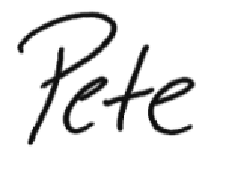 |
 |
| Pete Yonkman President Cook Group and Cook Medical |
Drew Northern Chief Ethics & Compliance Officer, Cook Group and Cook Medical |
 Cook is built upon a foundation of strong values and ethical business practices. Our standards of business conduct serve as an important resource for us in support of our day-to-day decision-making. Our values form the basis of the trust and success that we see in our relationships with customers, suppliers, and each other. Our reputation comes from the sum of our individual actions. Misconduct by just one of us can overshadow hard work by thousands of us.
Cook is built upon a foundation of strong values and ethical business practices. Our standards of business conduct serve as an important resource for us in support of our day-to-day decision-making. Our values form the basis of the trust and success that we see in our relationships with customers, suppliers, and each other. Our reputation comes from the sum of our individual actions. Misconduct by just one of us can overshadow hard work by thousands of us.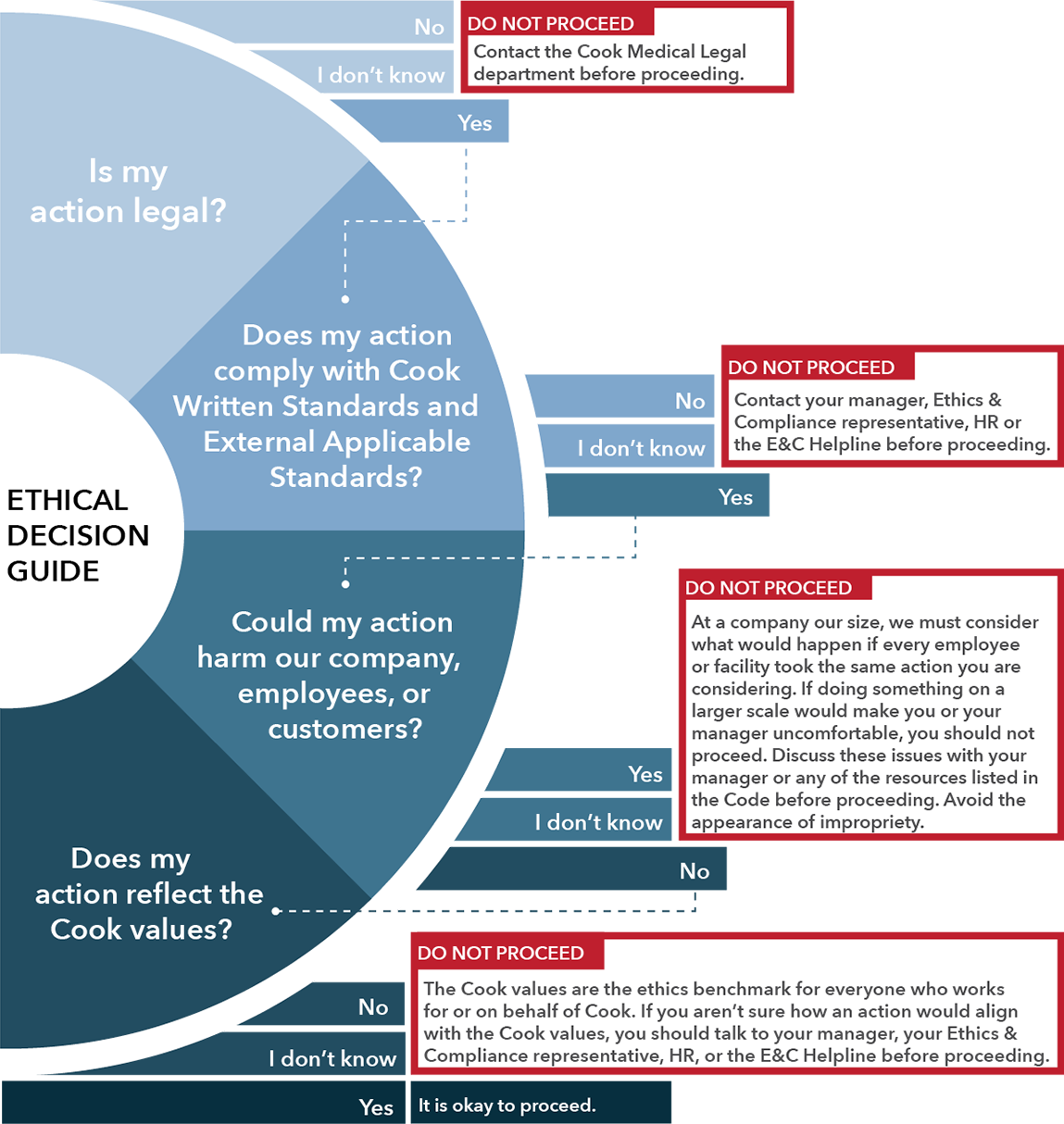
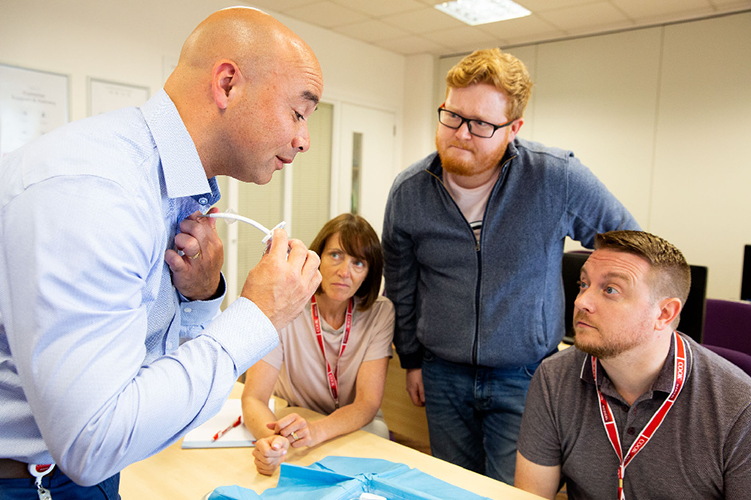 The Code also requires you to seek guidance if you have questions or concerns, and to cooperate fully in any investigation of suspected violations of the Code that may arise in the course of your employment.
The Code also requires you to seek guidance if you have questions or concerns, and to cooperate fully in any investigation of suspected violations of the Code that may arise in the course of your employment.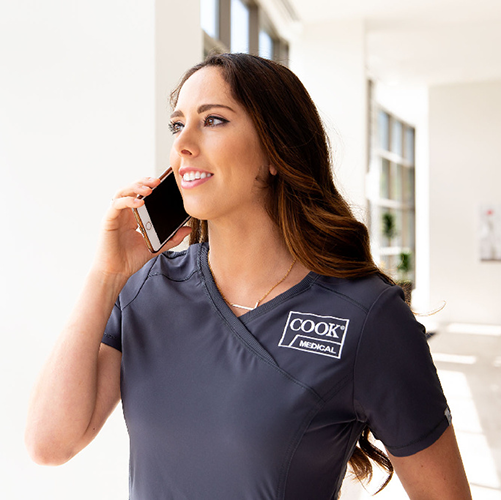 Every Cook employee is obligated to act in good faith and to report violations or suspected violations of the CWS or EAS.
Every Cook employee is obligated to act in good faith and to report violations or suspected violations of the CWS or EAS. As a manager, you have the special responsibility for building a culture of trust and ethics within your teams. The way you act reinforces your commitment to company values and principles and sets the standards for ethical behavior and trust for your team to follow. Cook’s success depends upon promoting a team environment where compliance is expected and ethical behavior is the norm. Under no circumstances can you ask your team to break the law or violate Cook’s values, policies, and procedures.
As a manager, you have the special responsibility for building a culture of trust and ethics within your teams. The way you act reinforces your commitment to company values and principles and sets the standards for ethical behavior and trust for your team to follow. Cook’s success depends upon promoting a team environment where compliance is expected and ethical behavior is the norm. Under no circumstances can you ask your team to break the law or violate Cook’s values, policies, and procedures.
 We expect the highest ethical standards in all of our business activities. In addition to observing EAS, you must uphold Cook’s ethical standards and follow CWS, even when they are stricter than local customs or practices.
We expect the highest ethical standards in all of our business activities. In addition to observing EAS, you must uphold Cook’s ethical standards and follow CWS, even when they are stricter than local customs or practices. Cook has established guidelines related to business interactions. Our policies, procedures, and guidance related to reporting business interactions are in place to help ensure that we do not provide any benefit that could interfere with a healthcare professional’s judgment or gain Cook an unfair business advantage.
Cook has established guidelines related to business interactions. Our policies, procedures, and guidance related to reporting business interactions are in place to help ensure that we do not provide any benefit that could interfere with a healthcare professional’s judgment or gain Cook an unfair business advantage.

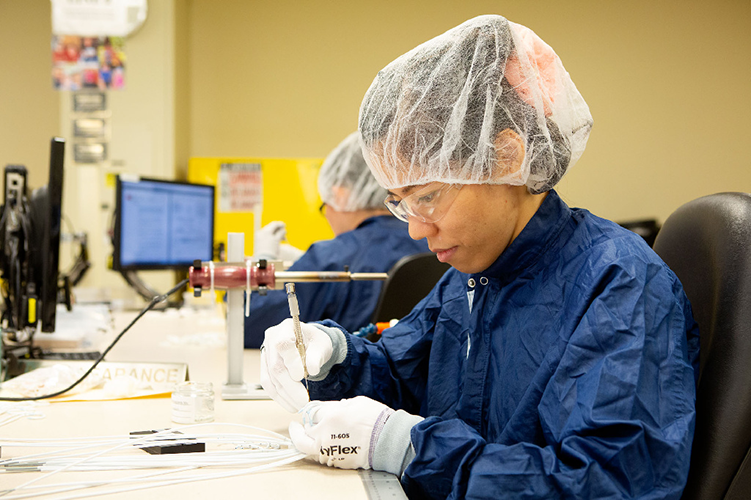 Intellectual property refers to creations of the human mind that are protected by various national laws and international treaties. Cook’s IP is among our most valuable assets. IP includes copyrights, patents, trademarks, trade secrets, design rights, logos, expertise, and other intangible industrial or commercial property. We must protect and, when appropriate, enforce our IP rights. We also respect the IP belonging to third parties. It is Cook’s policy to not knowingly infringe upon the IP rights of others. Employees and others working on behalf of Cook must promptly disclose to Cook, in writing, any such work product and cooperate with our efforts to obtain IP protection for our company. To help ensure that our company receives the benefit of work done by or in conjunction with outside consultants or organizations, it is essential that an appropriate agreement or release be in place before any work begins.
Intellectual property refers to creations of the human mind that are protected by various national laws and international treaties. Cook’s IP is among our most valuable assets. IP includes copyrights, patents, trademarks, trade secrets, design rights, logos, expertise, and other intangible industrial or commercial property. We must protect and, when appropriate, enforce our IP rights. We also respect the IP belonging to third parties. It is Cook’s policy to not knowingly infringe upon the IP rights of others. Employees and others working on behalf of Cook must promptly disclose to Cook, in writing, any such work product and cooperate with our efforts to obtain IP protection for our company. To help ensure that our company receives the benefit of work done by or in conjunction with outside consultants or organizations, it is essential that an appropriate agreement or release be in place before any work begins.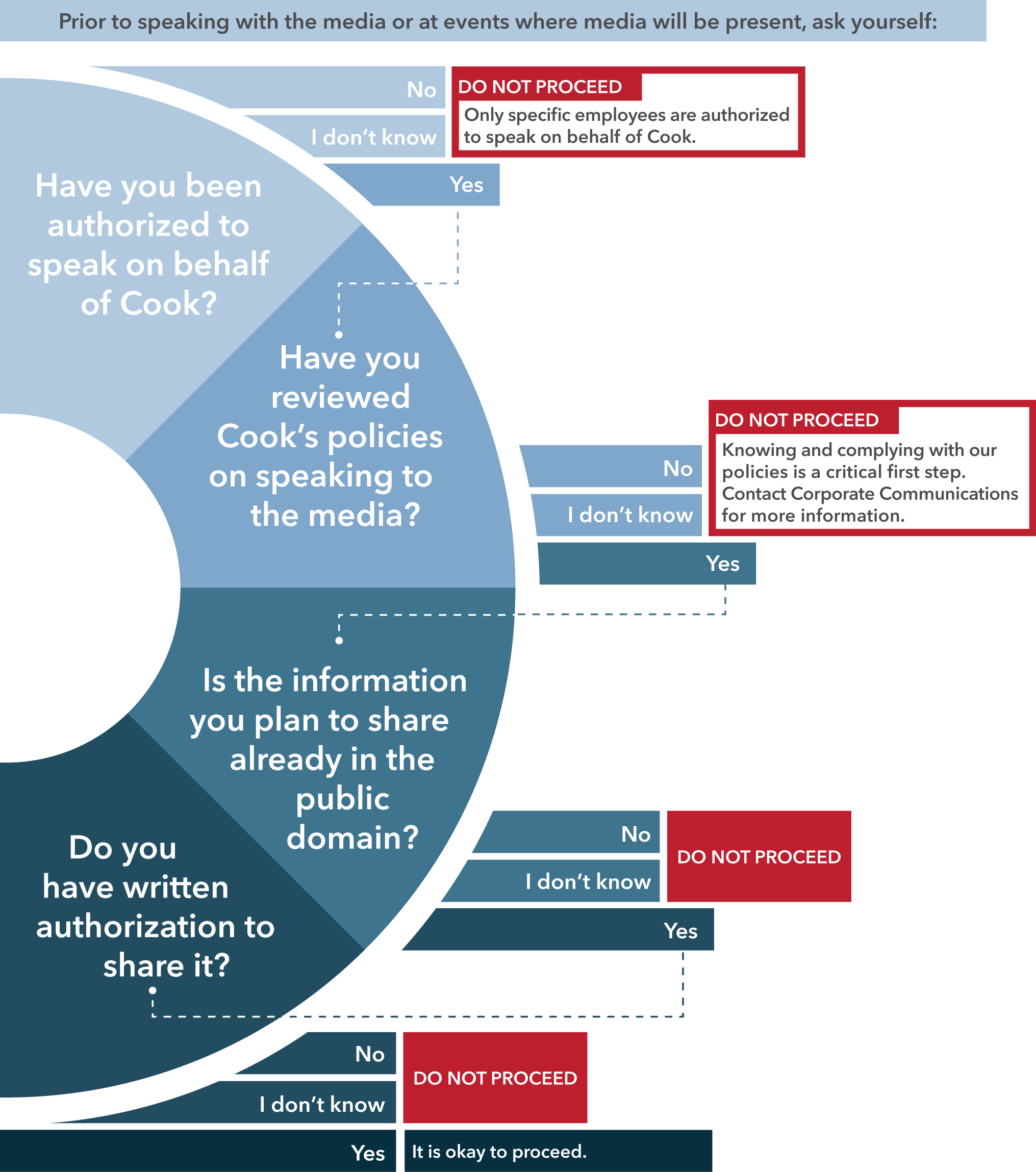
 Our assets include but are not limited to:
Our assets include but are not limited to: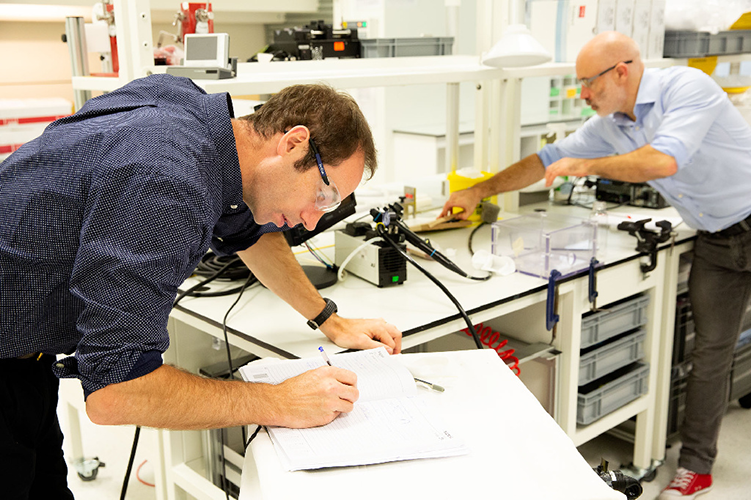 Keeping reliable records is crucial to maintaining trust in our business, making good business decisions, and meeting EAS. Reliable records are accurate, legible, complete, and managed. There is never a reason to falsify, backdate, or obscure records—with the exception of de-identifying personal data when required. Cook is committed to properly labeling, carefully handling, and securing personal, confidential, and proprietary information. We are responsible for having reliable records that are readily available for those who need access.
Keeping reliable records is crucial to maintaining trust in our business, making good business decisions, and meeting EAS. Reliable records are accurate, legible, complete, and managed. There is never a reason to falsify, backdate, or obscure records—with the exception of de-identifying personal data when required. Cook is committed to properly labeling, carefully handling, and securing personal, confidential, and proprietary information. We are responsible for having reliable records that are readily available for those who need access. While we perform our necessary job functions, we handle regulated personal data that requires us to follow data privacy and security measures. Employees are required to familiarize themselves with the Cook
While we perform our necessary job functions, we handle regulated personal data that requires us to follow data privacy and security measures. Employees are required to familiarize themselves with the Cook 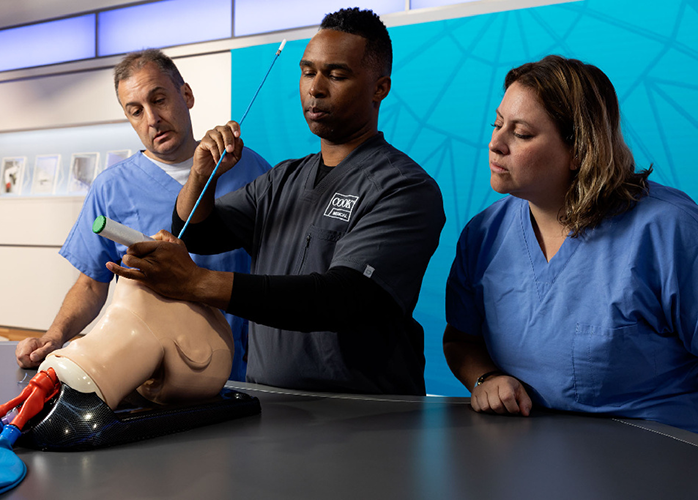 Having a diverse workforce—made up of team members who bring a wide variety of skills, abilities, experiences, and perspectives—is essential to our success. We are committed to the principles of equal employment opportunity in the following ways:
Having a diverse workforce—made up of team members who bring a wide variety of skills, abilities, experiences, and perspectives—is essential to our success. We are committed to the principles of equal employment opportunity in the following ways:
 Cook Medical strives to be a good neighbor in the communities where we live and work. We recognize the opportunity and obligation to help communities develop and thrive. From the very beginning, the Cook family instilled the company with a strong community-involvement core. Being a good corporate neighbor through philanthropy, volunteerism, and engagement with social enterprises is central to who we are.
Cook Medical strives to be a good neighbor in the communities where we live and work. We recognize the opportunity and obligation to help communities develop and thrive. From the very beginning, the Cook family instilled the company with a strong community-involvement core. Being a good corporate neighbor through philanthropy, volunteerism, and engagement with social enterprises is central to who we are. Cook Medical strives to provide a safe and healthy workplace for employees, customers, and visitors to its premises. All managers have the responsibility of ensuring proper safety and health conditions for their employees. Management is committed to maintaining industry standards in all areas of employee safety and health, including industrial hygiene, ergonomics, and safety. To support this commitment, we are responsible for observing all safety and health rules, practices, and laws that apply to our jobs, and for taking precautions necessary to protect ourselves, our coworkers, and visitors. We are also responsible for immediately reporting accidents, injuries, occupational illnesses, and unsafe practices or conditions to our supervisors. As is the case with any violation of the Code, we have a responsibility to report any unsafe behavior or condition regardless of whether we are directly involved or a witness.
Cook Medical strives to provide a safe and healthy workplace for employees, customers, and visitors to its premises. All managers have the responsibility of ensuring proper safety and health conditions for their employees. Management is committed to maintaining industry standards in all areas of employee safety and health, including industrial hygiene, ergonomics, and safety. To support this commitment, we are responsible for observing all safety and health rules, practices, and laws that apply to our jobs, and for taking precautions necessary to protect ourselves, our coworkers, and visitors. We are also responsible for immediately reporting accidents, injuries, occupational illnesses, and unsafe practices or conditions to our supervisors. As is the case with any violation of the Code, we have a responsibility to report any unsafe behavior or condition regardless of whether we are directly involved or a witness.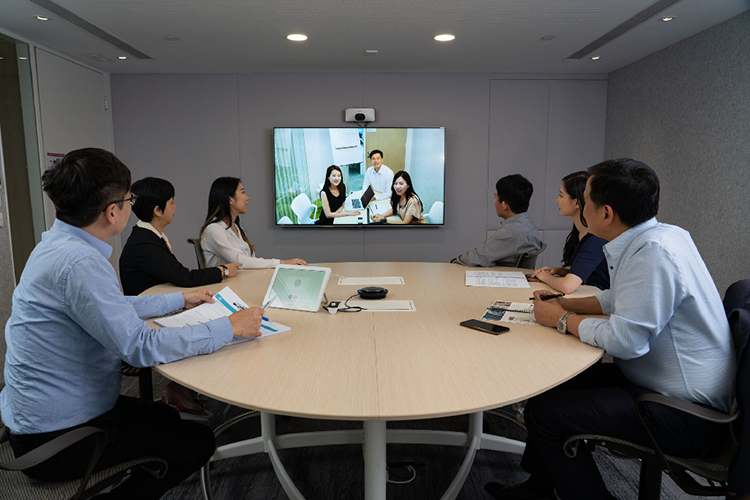 When engaged in international trade, we (and our vendors) must provide accurate product descriptions, tariff classifications, valuation, and country-of-origin statements for all commodities involved in import and export transactions, as required. These rules apply in all contexts, including but not limited to sales, provision of evaluation and demonstration products, raw materials, research and development projects, and donations. If you have a question or concern, you must report it immediately to your supervisor, HR, Trade Compliance, or the
When engaged in international trade, we (and our vendors) must provide accurate product descriptions, tariff classifications, valuation, and country-of-origin statements for all commodities involved in import and export transactions, as required. These rules apply in all contexts, including but not limited to sales, provision of evaluation and demonstration products, raw materials, research and development projects, and donations. If you have a question or concern, you must report it immediately to your supervisor, HR, Trade Compliance, or the 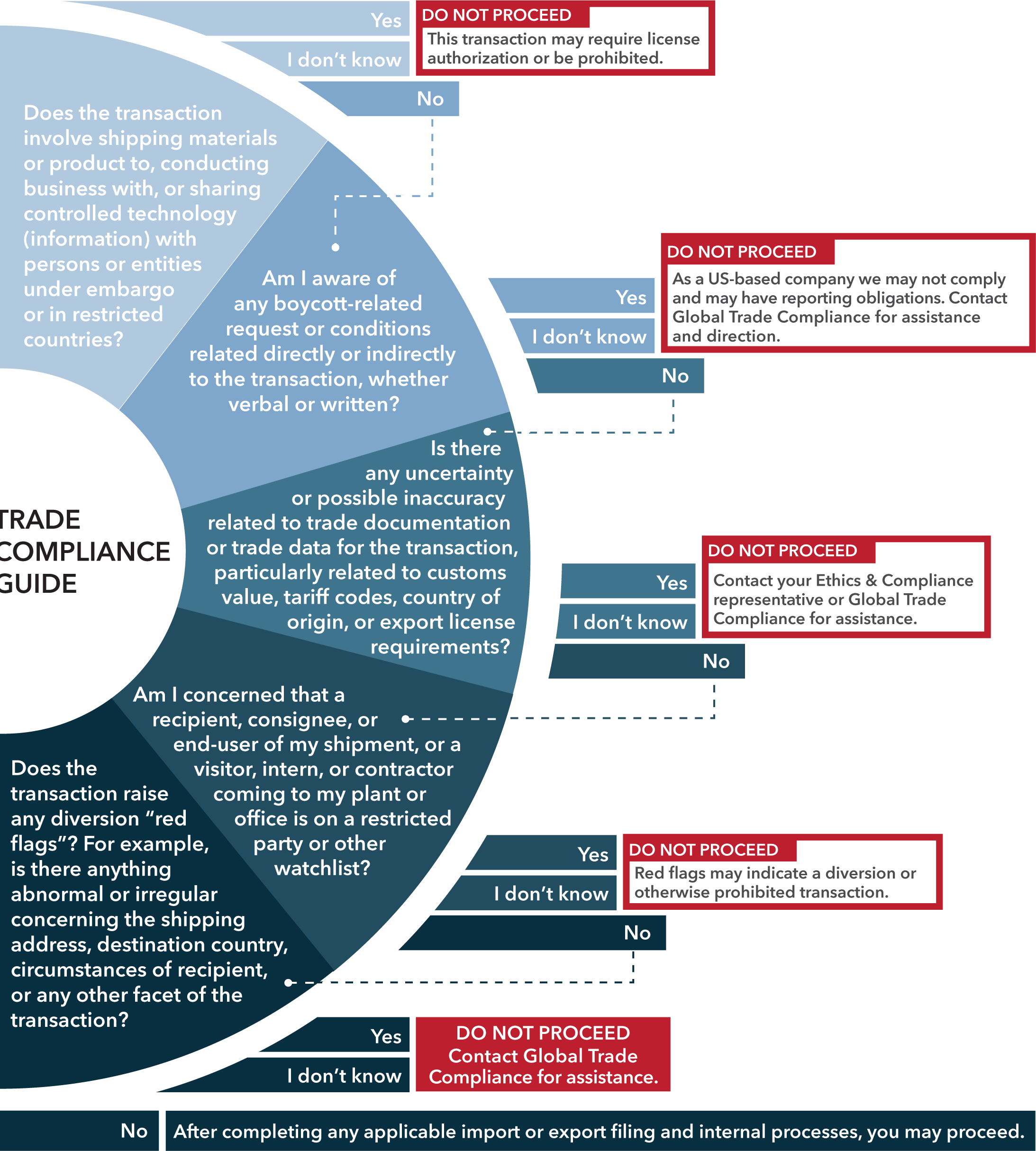
 Third parties who work with us, including suppliers, vendors, distributors, consultants, temporary contract workers, and agencies, are contractually obligated to follow EAS, ethical business practices, and
Third parties who work with us, including suppliers, vendors, distributors, consultants, temporary contract workers, and agencies, are contractually obligated to follow EAS, ethical business practices, and 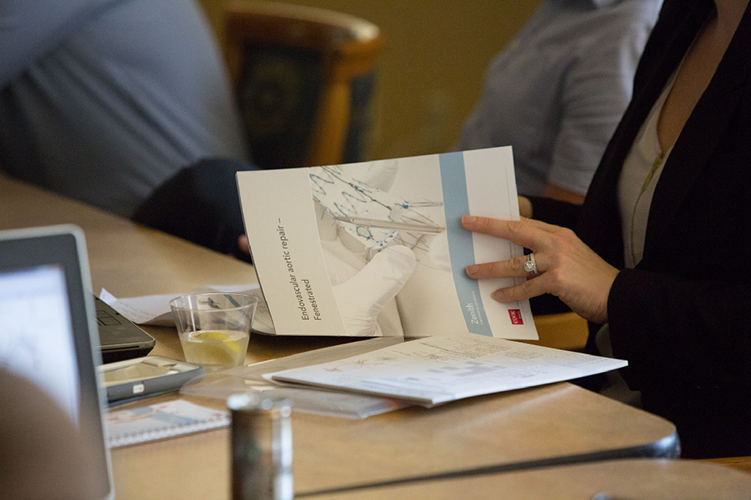 The marketing and sale of medical products must follow the regulations of each country where the products are sold. All Cook companies that market and sell medical devices, all Cook employees, and all Cook distributors must commit to market and sell our medical products only for the product’s approved intended uses, sometimes referred to as, “on-label,” as determined by the regulators in the countries where the medical product is registered and available for sale. We are also prohibited from promoting products prior to receiving the proper regulatory authorization.
The marketing and sale of medical products must follow the regulations of each country where the products are sold. All Cook companies that market and sell medical devices, all Cook employees, and all Cook distributors must commit to market and sell our medical products only for the product’s approved intended uses, sometimes referred to as, “on-label,” as determined by the regulators in the countries where the medical product is registered and available for sale. We are also prohibited from promoting products prior to receiving the proper regulatory authorization. Cook strongly advocates for fundamental human rights and believes that everyone around the world should be treated with dignity, fairness, and respect. We expect our suppliers and direct contractors to promote the health and safety of their workers and to operate in compliance with human rights laws. We are also committed to the responsible sourcing of minerals throughout our supply chain. Cook does not use or condone the use of slave labor or human trafficking and denounces any unsafe working conditions or degrading treatment of individuals.
Cook strongly advocates for fundamental human rights and believes that everyone around the world should be treated with dignity, fairness, and respect. We expect our suppliers and direct contractors to promote the health and safety of their workers and to operate in compliance with human rights laws. We are also committed to the responsible sourcing of minerals throughout our supply chain. Cook does not use or condone the use of slave labor or human trafficking and denounces any unsafe working conditions or degrading treatment of individuals.
Social Media
Social media is changing the way employees work and engage with clients, partners, and each other. Cook Medical has made a strategic decision to embrace social media. We continue to advocate, however, for the use of social media in a responsible, lawful, and professional manner which includes, among other things, following relevant data-protection laws. To assist employees in avoiding the negative aspects of social media, Cook has a social media policy. Below are some guidelines to be followed from that policy:
*Please note: In order to access the link, you will need to have remote access through your Cook account on GlobalProtect.